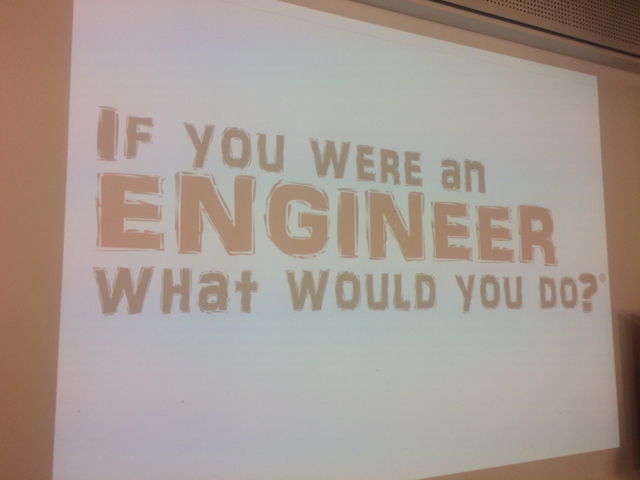Irrigation reservoirs/ocean plastic cleanup robot/fingerprint recognition keyfinder/light-up bicycle/anti-drinkdrive steering/air-conditioned tie/plant-based academic gradebooster… a maelstrom technology, ideas and solutions proposed by school children who made the final of the Primary Engineerand Secondary Engineer Leaders Award.
In this competition, children interview a practising engineer to find out about problem-finding, problem-solving and creativity in engineering. They then go home, find a problem of their own to solve, and create solutions, answering the question, if you were an engineer, what would you do?’ An astonishing 37,000 pupils entered the competition, from as young as recetpion-age.
What feels so powerful about this initiative is that it couples children’s strong and untarnished convictions about right and wrong with their unconstrained creativity, and sows the seed that making the world better is what engineering is about. This sort of activity clearly has the potential to link learning with purpose, and therefore motivation. And as Susan Scurlock, founder and chief exec of Primary Engineer said in her openning address, all of these children will now know what an engineer is, and that they can become an engineer and make a difference in the world.
In his keynote address, Mark Miadovnic asked the school children on the front row, if you were an engineer, what would you do deal with plastic in the ocean. They were bursting with ideas.
Leaving the finals, inspired by these young people’s creativity and motivation, given the real existential ecological crisis that society faces, and given the training and knowledge we have, the question that tolls in my ears is
“we are engineers, what are we doing?”


Leave a Reply